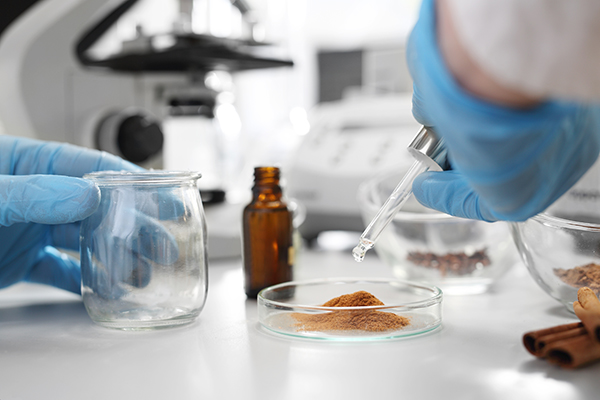

A low-cost analytical method is introduced to verify place of origin for olive oil.

A low-cost analytical method is introduced to verify place of origin for olive oil.

A food fraud program should identify targeted measures based on an organization’s unique supply chain risk to ensure food safety, authenticity and brand protection. Ongoing supply chain disruptions dictate the need for vigilant attention to ingredient and supplier risk. Many food companies find value in expert guidance to set up a food fraud program so that food safety and fraud risks are not unintentionally missed.

Abbott voluntarily recalled several products manufactured at its Sturgis, Michigan plant following complaints of Cronobacter sakazakii or Salmonella Newport illnesses in infants. One illness may have contributed to an infant death.

Berk Birand of Fero Labs discusses how machine learning can help food companies streamline manufacturing processes and improve product quality.

Large amounts of fraudulent coffee were seized in Brazil.

The challenges in food testing labs that arose in the past couple of years are still prevalent this year, but from adversity also comes innovation and change.

As a result of the drop in COVID-19 cases nationwide, the agency will resume inspections across all commodities, as well as mission-critical foreign and domestic inspections.

A study of the criminal nature of food fraud was been published in the UK.

There are high fines for a company caught in a vanilla adulteration case.

The agency is working with industry and government partners to assist food and agriculture companies as they navigate the significant impact of the continued COVID-19 pandemic.